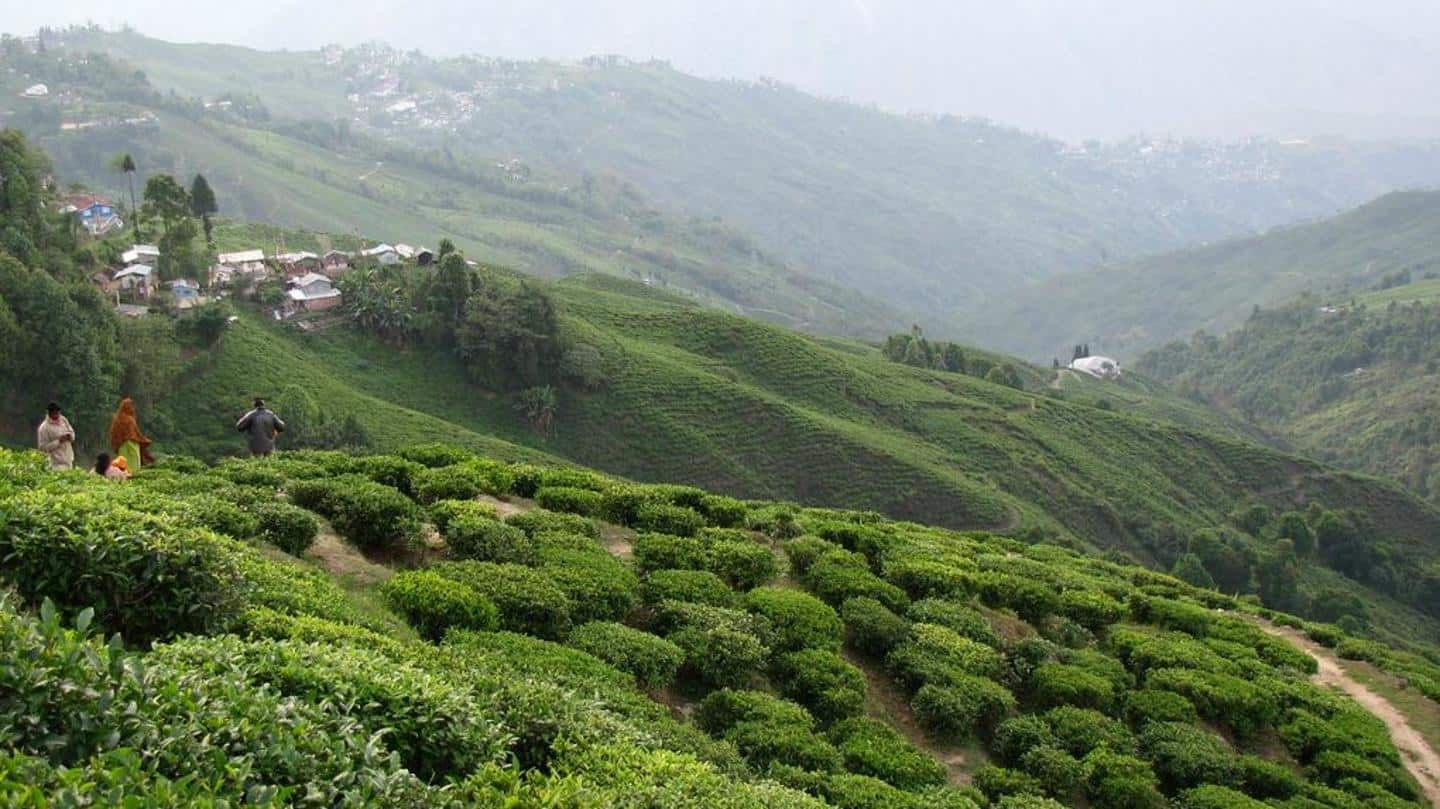
Tea cultivation at stake owing to climate change
What's the story
This World Environment Day, let's discuss environmental issues from a more material perspective. Something dear to us is directly at stake.
The impact of climate change on the tea industry in India is of huge concern today.
Humans have a tendency to not react unless something that they like is involved.
Apparently, your favorite beverage will no longer be as soothing with climate change.
#1
How is climate change affecting tea production?
Climate change affects each region on Earth differently.
Its influence on tea yields across the globe can be experienced through altered precipitation levels, rising temperatures, the sudden shift in temperatures, the gradual shifting of seasons, and pests.
The tea plant thrives between 20 to 30 degrees Celsius. When the temperature rises over 35 degrees Celsius, new leaves either stop growing or grow very slowly.
#2
How can the tea industry be sustainable?
"The sustainability of the tea sector in India is no longer just about economics but one that also takes into consideration the well-being of all stakeholders," says Madhav Sarda, expert tea taster and managing director of a well-known tea retail brand.
Preserving natural resources in the face of climate change threats and ensuring safe and healthy beverages are the prerequisites for the industry's betterment.
#3
Why tea industry's future matters
Climate change affects the entire supply chain in an adverse way. The fluctuations in growing conditions affect the quality and tea yield.
Surprisingly, most tea-growing countries have responded to the challenge in a half-hearted manner.
The tea industry's future should be taken seriously worldwide as its annual turnover of $30 billion is expected to touch $45 billion by the end of 2022.
#4
How can tea gardens mitigate soil degradation?
In view of the #SaveSoil campaign, Sarda says, "Since tea cultivation is an intensive monoculture, it is impacted by an imbalance in the soil structure and quality.
"Pesticides and inorganic fertilizers pollute the soil which affects the yield. Chemical runoff into water bodies can also erode the soil.
"Growing plants that help to hold the soil and nutrients and using organic fertilizers is advisable."